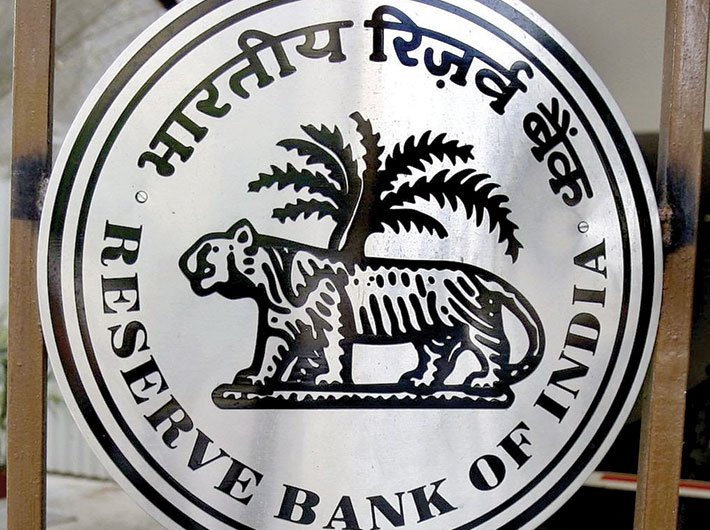Innovations usually result in paradigm shifts, they are typically disruptive. It takes effort and time to understand them
“As regards death of currency, it is not a new subject. It has been predicted right from early 1950s,” said R Gandhi, deputy governor Reserve Bank of India (RBI) at the “FinTech Conference 2017”.
Gandhi said that Isaac Asimov’s Robot Series (1950s-80s) imagined a future where cash didn’t exist; instead people earned “credits” that were traded electronically. In June 1991, the writers for Omni Magazine claimed “…cash and credit will soon be obsolete.” In 1994, Joel Kurtzman in his book titled ‘The death of Money’ said “Few people realize that money, in the traditional sense, has met its demise. Fewer still have paused to reflect on the implications of that fact.”
It was fashionable then to talk about the death of currency. People said “By 2020 most people will have embraced and fully adopted the use of smart-device swiping for purchases they make, nearly eliminating the need for cash or credit cards.”
“Has currency died? Is it dying? Or at least will it die?,” Gandhi asked and said: “In all these years, you will find that currency has actually increased in absolute terms, not just in developing and emerging economies where penetration of banking and finance is not yet complete, but also in the developed economies where the penetration of banking and finance has been far larger. Countries are printing more and more of currency. Perhaps the Nordic countries are the exceptions.”
The RBI official said that technology and banking have a long close association. Both have been benefitted immensely by this association. Technological developments have been changing the way the banks and financial institutions and their customers interact. These developments have created opportunities for new entrants, not necessarily new bankers, to disrupt traditional business models and penetrate new markets. The plethora of technological products and services have helped emergence of FinTech companies who offer different ways of doing traditional services, that too in more efficient ways.
From the time the concept of money was understood, the concepts of lending and borrowing came into existence. However, the organised way of lending and borrowing happened when the prototypes of modern banks were established some 700 years ago. Banks undertook another service i.e., the remittance service. The mega trends in the fields of Information and Communication Technology have redefined banking and banks. Actually it is not redefinition, but de-definition. Banking is no longer what a bank does; it is also what a non-bank does. Banks are no longer those entities who do banking exclusively; now others, the non-banks also do banking.
He said that as a definition, Fintech is usually applied to the segment of the technology startup scene that is disrupting sectors such as mobile payments, money transfers, loans, fundraising and even asset management.
The term has become a buzz word in the last three years. It is changing the way funds are raised, used, lent and borrowed, remitted. It is impacting not just entrepreneurs and businesses, but also ordinary bank and financial customers. Not just that, the regulators across the world are sitting up and closely monitoring the developments with great interest, he added.
Lot of people around the world is seeing the end of banking and financial intermediation because of this innovative Market Place Financing. Some advocate an early end to the traditional banks and financial institutions. This disruptive innovation has indeed caught the attention of many analysts, opinion makers and influential thinkers. They talk of bank-less economy or banks-free economy; as a consequent version thereof they dream of the death of regulators as well.
“I suppose these predictions about of death of banks and financial institutions, and also the currency have naturally aroused the curiosity at minimum and concerns among the regulators and central bankers around the world.
“Innovations, admittedly, bring in positive changes in efficiency, productivity, quality, competitiveness, and market share, among other factors. However, as innovations usually result in paradigm shifts, they are typically disruptive. It takes effort and time to understand them. The associated dangers include untested effects, lack of clarity on long term effects, and can lead to misunderstanding and misusing the innovation. Innovations can sometimes be bad per se; sometimes even good innovations can be misused.”
